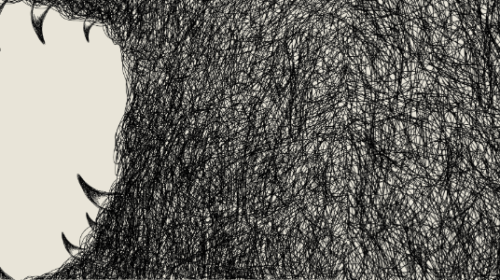One of the most punishing aspects of mental illness is how effectively it convinces us that we are alone in our suffering. Depression, anxiety, or trauma weigh us down with the belief that no one else could possibly understand what we’re going through. Socializing becomes unbearable, and friends begin to feel like observers incapable of meeting us where we are. The illusion that we are somehow uniquely broken is one of the cruelties of mental illness.
Isolation as Symptom, Not Truth
Anxiety, depression, and trauma distort our sense of belonging. They can make gatherings feel impossible, not because people don’t care, but because we assume they couldn’t understand. Our minds are filled with catastrophic thoughts and intrusive self-criticism, culminating in a shame and heaviness we don’t want to burden others with. So we retreat. From conversations, from communities, and even from the people who love us most.
This withdrawal feeds the very belief that fuels it—that we are alone, that no one else could know what it feels like to live inside our skin. But in a comforting reality, biology doesn’t produce one-offs. Across the millions of people struggling with mental health, our experiences may differ in detail, but they overlap in essence.

In 1891, Swiss artist Ferdinand Hodler painted The Disappointed Souls, depicting five figures slumped in despair. Each one sits only inches from the next, yet every face is turned inward, lost in private grief. The tragedy isn’t only their suffering, but that they can’t see one another. They are close enough to touch, but sealed off by shame, silence, and self-judgment.
In this piece, Hodler sketched a portrait of modern society. Even in our big cities and busy lives, sadness still tends to unfold in isolation. But within the image is also the antidote: proximity. Relief becomes possible the moment one figure looks up and recognizes themselves in the other.
Connection as Cure
What mental illness tells us to avoid—company, community, conversation—is often exactly what we need. Support doesn’t erase pain, but it can lighten the load. To sit across from someone who admits, “I’ve felt that too,” is to puncture the illusion of singularity. This is why peer groups, therapy, and recovery communities are so powerful: they give us back the sense that we are not unrecognizable creatures with traumas and thoughts so broken that we should excuse ourselves from society. Rather, we are part of a shared human story.
Connection doesn’t always require grand disclosures. Healing is nurtured in the ordinary rhythm of showing up, week after week, listening, talking, joking, or commiserating with one another. Belonging lives in consistency.
Rebuilding Connection in Recovery
- Acknowledge the lie of isolation: Recognize that the belief you’re uniquely unworthy is a symptom, not reality. Others are closer to your experience than you think.
- Seek spaces of honesty: Groups, therapy, or trusted communities offer room to tell the truth without fear of judgment.
- Practice vulnerability: Sharing even fragments of your struggle can open doors to empathy you assumed didn’t exist.
- Commit to consistency: Healing relationships are built not in one-off conversations, but in steady presence over time.
Conclusion
Mental illness convinces us that loneliness born from our uniquely broken souls is our destiny. But connection is not only possible, it’s necessary. Across history, art, and even politics (looking straight at you, America) we see the cost of disconnection, but we also glimpse its cure: the recognition that people we’d never expect understanding from might carry the same scars we struggle with. If ever you look up and recognize yourself in someone else, take it as a sign that our shared humanity can still be intact. Be grateful for that, and celebrate it.
At Recovery Unplugged, connection in recovery is at the core of healing. Through therapy, peer support, and community-centered events, clients are reminded that they are never truly alone in their struggles. Our need for connection is not a weakness, but a path that leads us out of the darkness and into the light.




















